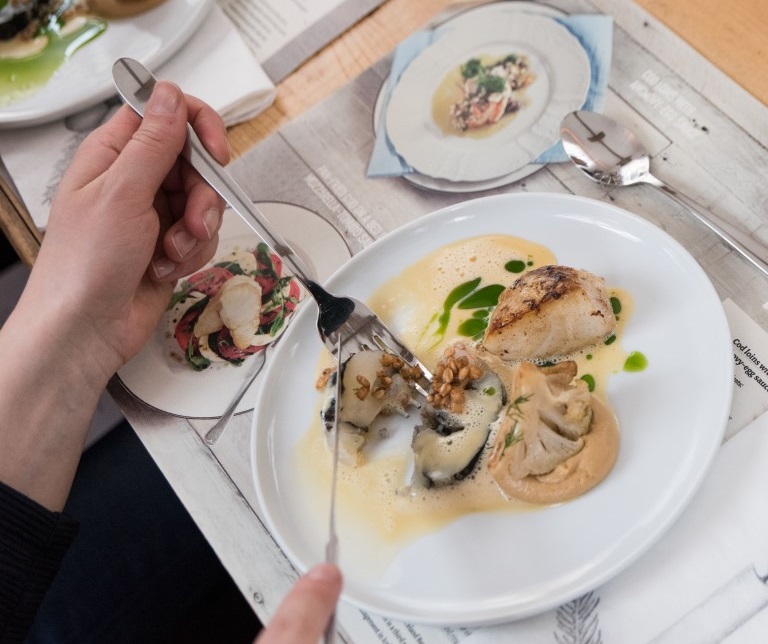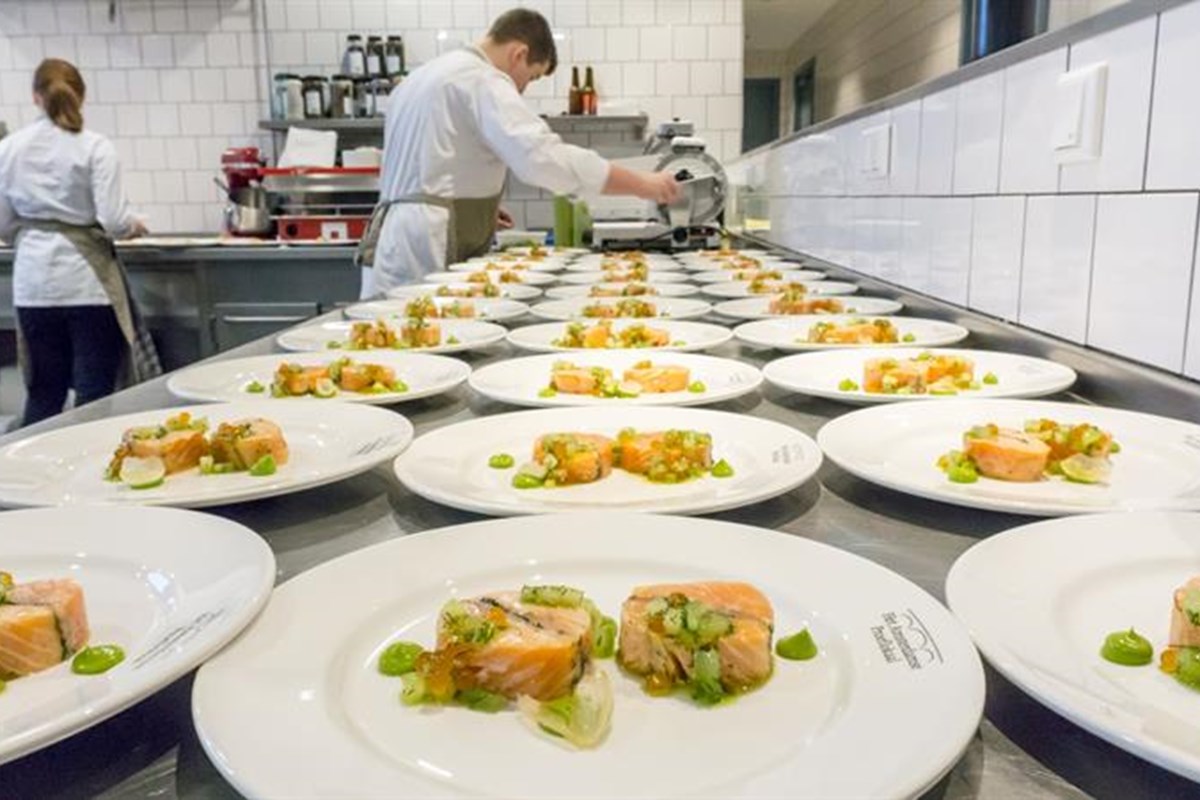
News
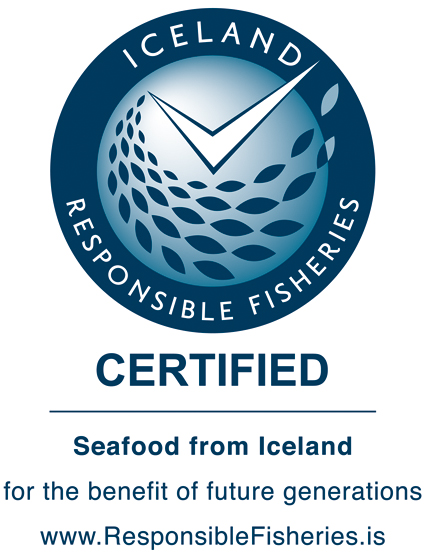
Continued Certification of Haddock and Saithe Fisheries
Global Trust Certification Ltd. has granted continued certification for the Icelandic Haddock (Melanogrammus aeglefinus) and Saithe (Pollachius virens) Commercial Fisheries, and issued the 3rd Surveillance Reports for the fisheries in April 2018.
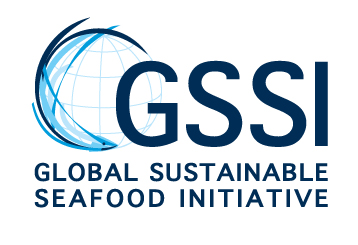
GSSI is gaining stronger international support
The following organizations have recently joined GSSI as funding partners: Grupo Nueva Pescanova, US Foods, AEON Co. Ltd., BidFresh, and Ireland Red Lobster. The IRFM certification scheme is GSSI recognized, and this growing support is important for market opportunities for seafood from Iceland.
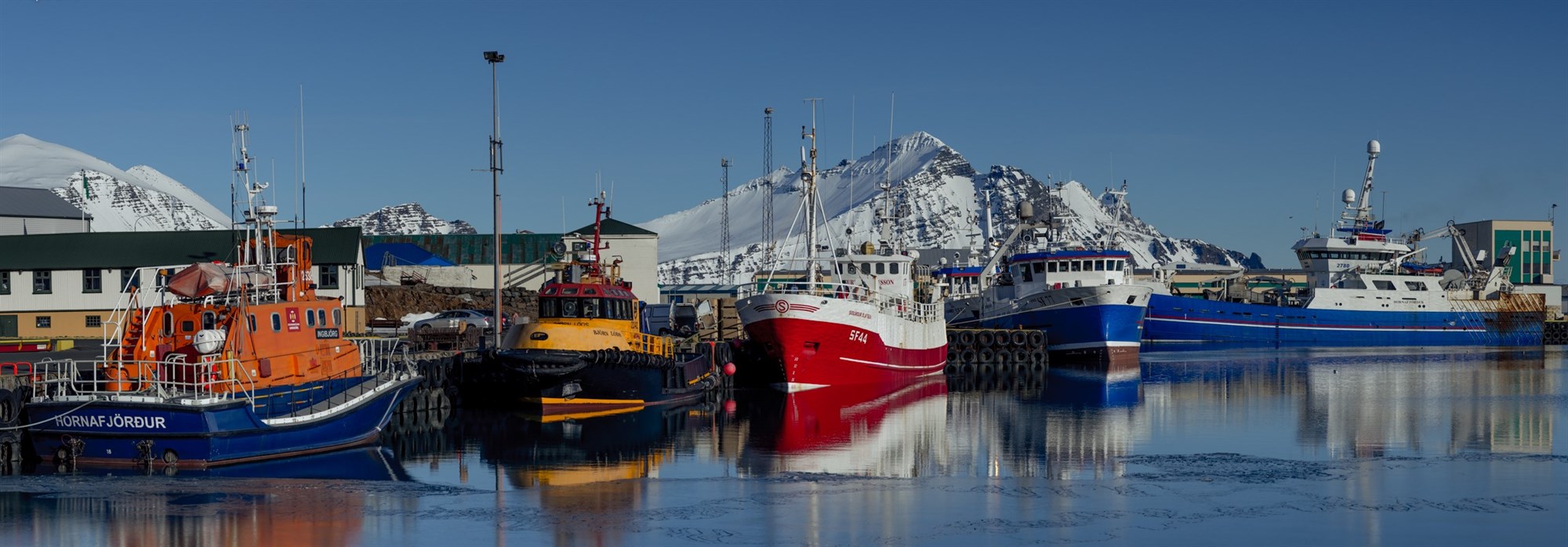
Excellent Condition of Cod and Golden Redfish
The stock density indexes are higher than they have ever been since first assessed in 1996. The study is an important part of the Marine & Freshwater Research Institute’s annual assessment.
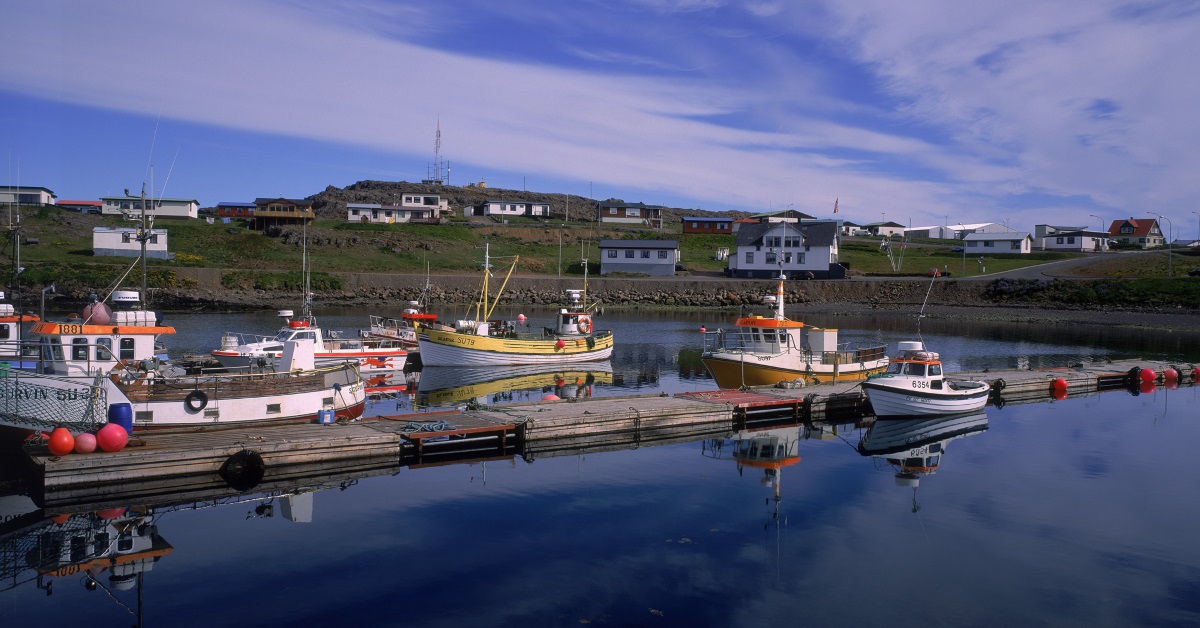
Continued certification of Cod fisheries
Global Trust Certification Ltd. has granted continued certification for the Icelandic Cod (Gadus morhua) Commercial Fisheries, and issued the 3rd Surveillance Report for the fisheries on 7 Desember 2017.
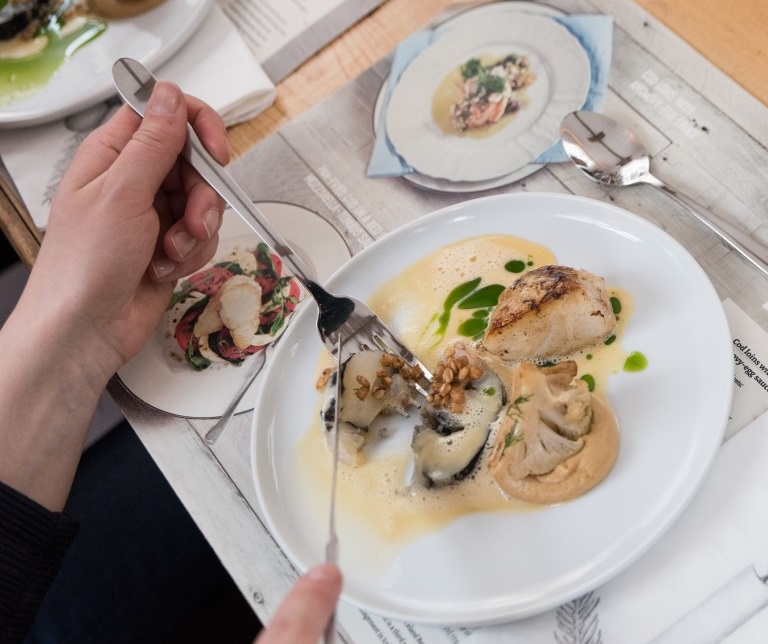
Seafood from Iceland at Strasbourg Christmas Market
Iceland is currently in the limelight in France as the honorary guest at the Strasbourg Christmas Market, the oldest and most famous Christmas market in the world.
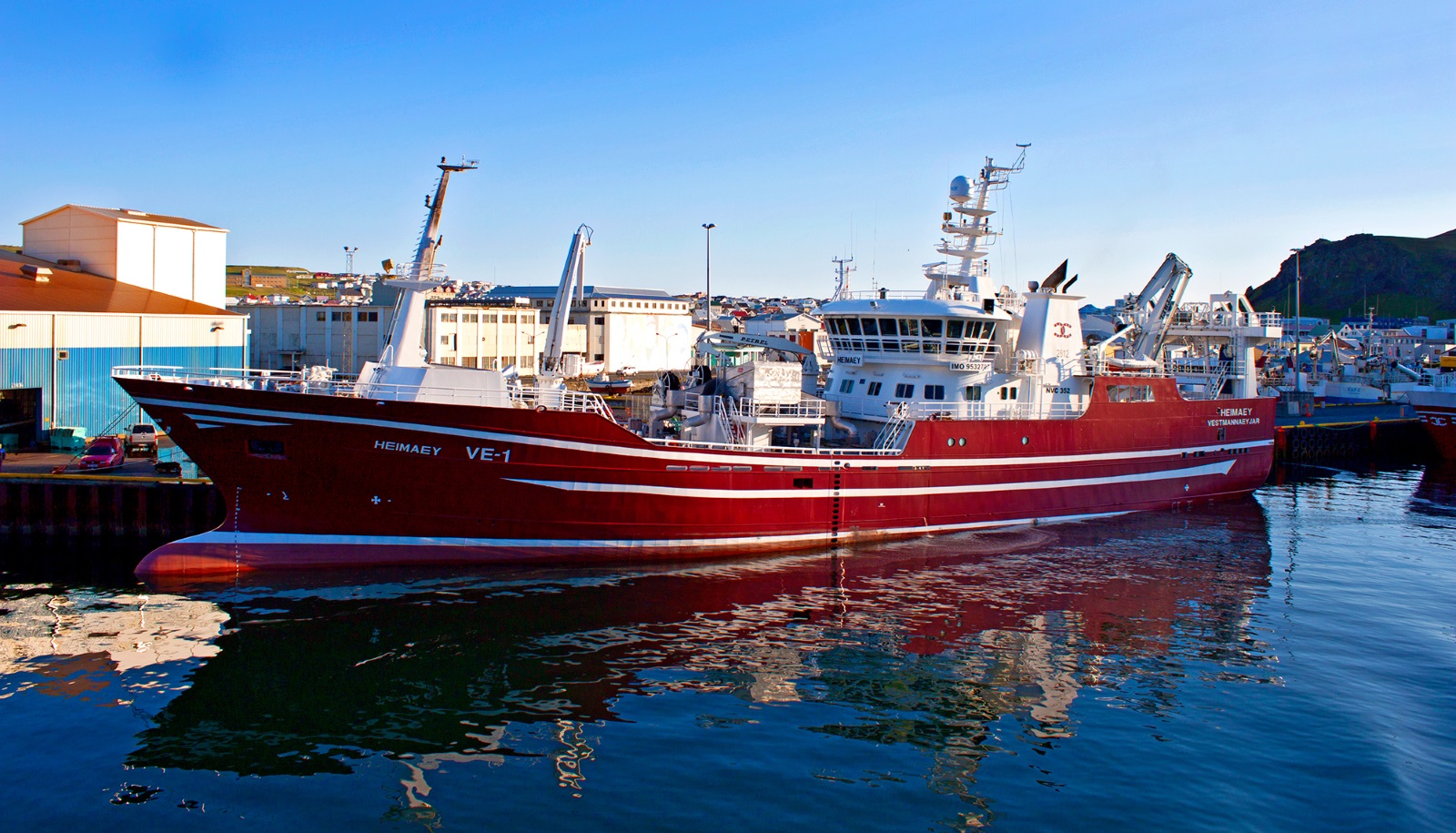
Three fisheries enter full assessment
Icelandic ling, tusk and summer spawning herring fisheries enter full assessment. The outcome of the full assessment and certification process is expected before end of 2018.
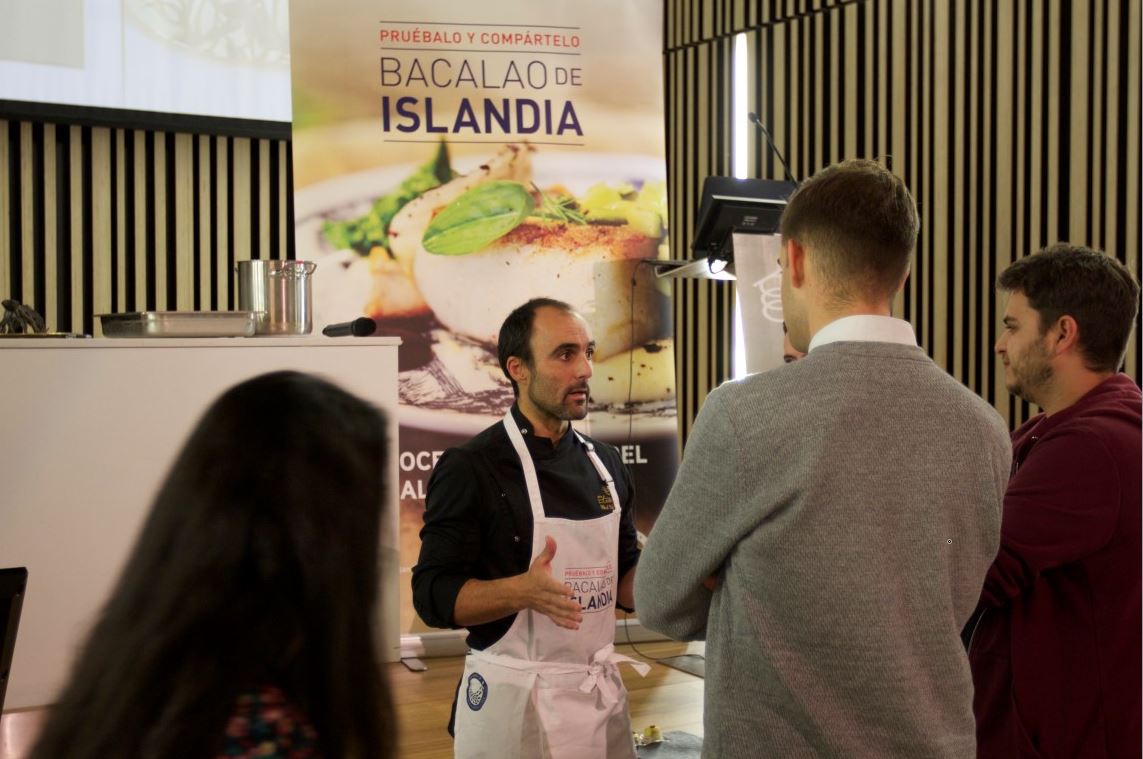
Cod from Iceland Takes Centre Stage in Basque Country
Presentations about cod products from Iceland were recently held at two culinary schools, Escuela de Cocina Luis Irizar and Basque Culinary Center, in San Sebastián/Donostia, Spain.
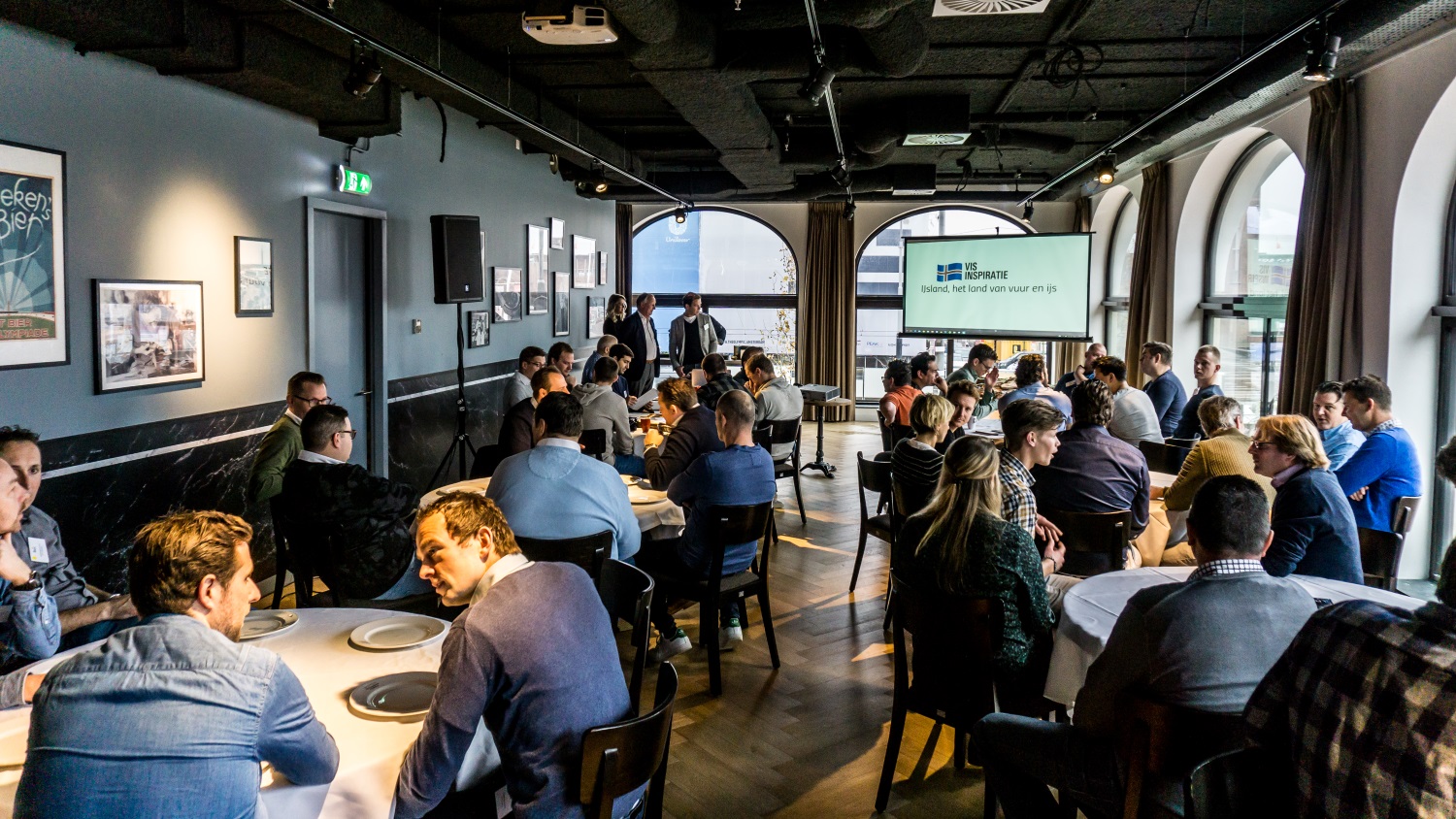
Dutch Foodies Inspired by Fish from Iceland
Seafood and aquaculture products from Iceland were recently introduced at a presentation in Amsterdam, organised by Dutch distribution company Versvishandel Jan van As, a partner to Iceland Responsible Fisheries (IRF).
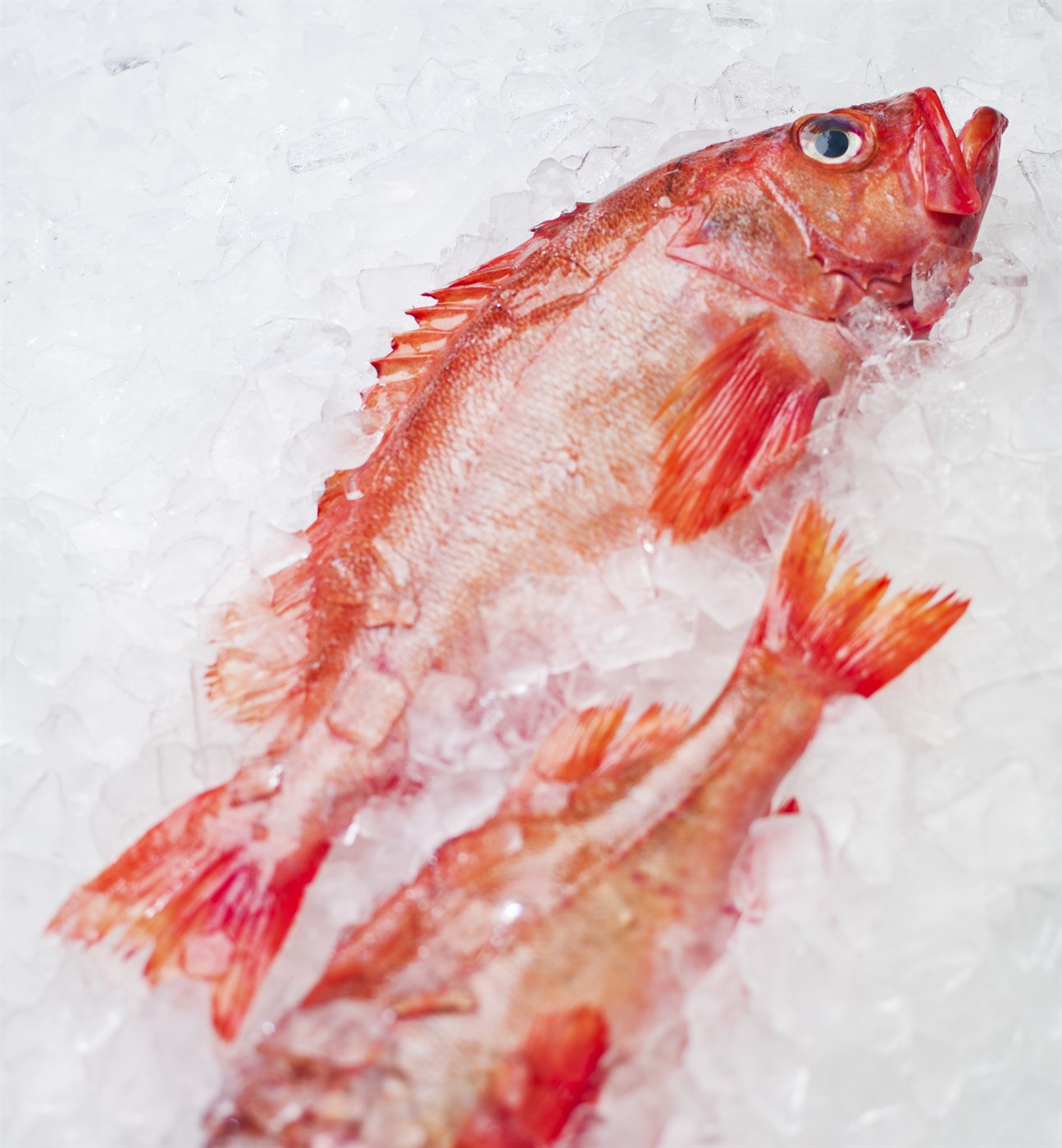
Continued certification of Golden Redfish fisheries after the 3rd Surveillance audit
The assessment team recommended that the management system of the applicant fisheries under state management by the Icelandic Ministry of Industries and Innovation, fished directly by demersal trawl (main gear), lont-line, gill net, Danish seine net, and hook and line by small vessel gear and indirectly with Nephrops, shrimp and pelagic trawls and purse seines within Iceland's 200 nautical miles EEZ, is granted continued certification, and confirmed continued certification.
